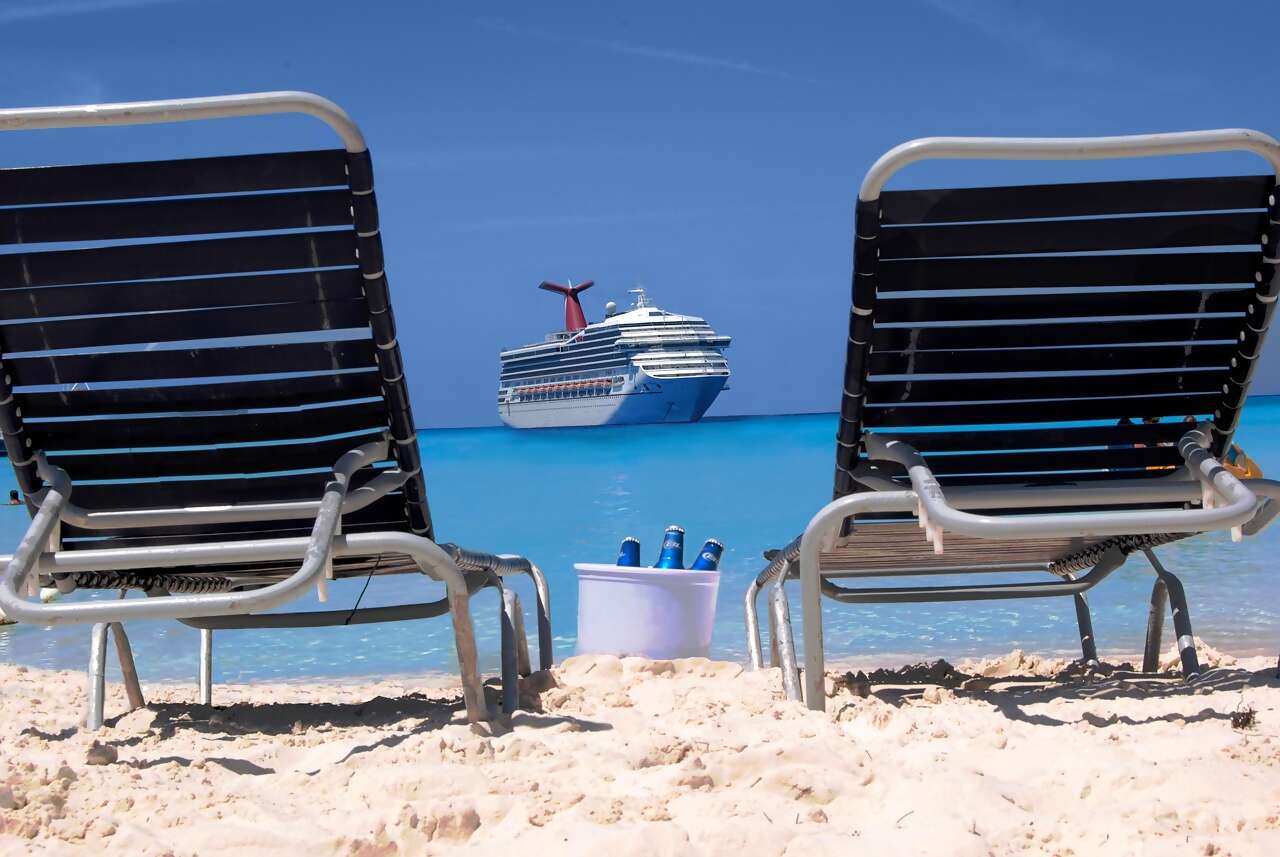When considering a cruise vacation, one question that often surfaces is the concern about seasickness. It's a valid concern, especially for those who are new to the wonders of maritime travel. Seasickness, or motion sickness, is caused by the movement of a boat on water, which can disrupt our inner ear's sense of balance and equilibrium. But before you let the fear of seasickness deter you from embarking on a memorable journey, let's set sail into the facts and understand how significant this concern should be.
Firstly, it's interesting to note that not everyone will experience seasickness on a cruise. In fact, many people sail through their voyage without feeling any discomfort at all. Modern cruise ships are designed with stabilizers that significantly reduce the motion that might cause seasickness. Plus, these floating resorts are so vast and well-equipped that you might sometimes forget you're on a ship at all!
However, susceptibility to seasickness can vary greatly among individuals. Some may feel queasy at the slightest wave, while others seem to have sea legs from the start. Factors such as age, gender, and personal physiology can play a role. Statistically speaking, younger people and women are more prone to motion sickness, but it's not a rule set in stone.
If you're concerned about seasickness, here are some tips to help mitigate the risk:
It's also worth noting that certain times of year can be rougher at sea than others. If you're particularly concerned about seasickness, consider booking your cruise during calmer seasons when the waters tend to be more tranquil.
On board, cruise ships offer medical services with professionals who can assist if you do start feeling unwell. They are equipped to deal with seasickness and can provide medication if necessary. Moreover, cruise staff are well-trained in ensuring passenger comfort and will do their best to help you feel at ease.
Choosing the right cruise line is crucial. Some lines offer sailings specifically designed to navigate smoother waters or provide more days in port so that passengers can enjoy solid ground more frequently. It's all about finding the balance that works for you.
The idea of feeling ill while trying to relax on vacation is never pleasant, but it should not overshadow the myriad of positive experiences that a cruise can provide. From stunning ocean views, luxurious amenities, diverse entertainment options, to the opportunity of exploring multiple destinations without unpacking your suitcase more than once - cruises offer an unparalleled travel experience.
In conclusion, while seasickness is a possibility on a cruise, it should not be an overwhelming worry. With proper planning, choice of voyage, and some preventative measures, most travellers can enjoy their sea adventures with minimal or no discomfort. And remember, Danny Slupeiks is here to help you navigate these waters. With our expertise in travel planning and dedication to customer care, we'll assist in finding the cruise options that best suit your needs, ensuring your journey is as smooth as possible.
- Choose Your Cabin Wisely: Opt for a cabin that is in the middle of the ship and on a lower deck where there is less movement.
- Watch Your Diet: Before and during the cruise, avoid heavy and spicy foods that can upset your stomach. Stay hydrated and eat small, frequent meals.
- Stay Active: Engage in on-board activities to keep your mind distracted and body balanced.
- Medications and Remedies: Over-the-counter medications like Gravol, meclizine or dimenhydrinate can be effective. Natural remedies such as ginger or acupressure wristbands are also popular among travellers.
- Focus on the Horizon: Gazing at a fixed point on the horizon can help reorient your sense of balance.






